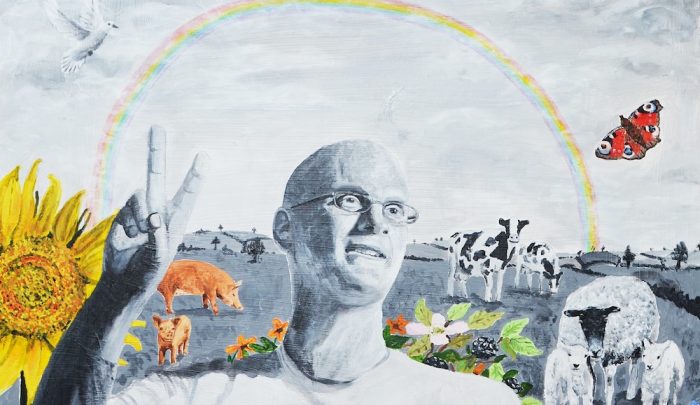The Economist may have raised a few eyebrows among their readers when they stated that 2019 would be “Year of the Vegan.”
Since this prediction, there have been a lot of promising developments, such as the highly oversubscribed initial public offering of shares in Beyond Meat and a plethora of meat and dairy alternatives hitting the market.
This past week, The Economist released two informative graphics and a short article describing two dimensions of change when you shift from meat and dairy to plant-based nutrition. The source study looked at the relative environmental impact of various dietary components, as well as the incremental health impacts of an additional daily serving of these components (considering the average Western diet).
On the health scale, an additional serving of processed meat (like bacon) increases the annual probability of dying by about 40 percent. Add a serving of veggies like kale and carrots? The probability of death drops by about 15 percent.
Looking at a broad variety of ecological indicators (including land, water, and air impacts), the production of a serving of steak is about 35 times more damaging than a serving of black beans. Even a serving of dairy creates about six times the adverse environmental impact as that serving of beans.
The differences in potential greenhouse-gas (GG) production are remarkable as well, considering that about 20 percent of global GG emissions are linked to the Western diet (as Ian Cooper described in a recent article on Elephant Journal). Going “two thirds vegan” as Cooper suggests would cut GG emissions from our diet by a similar amount—about two thirds, implying a 13 percent drop in global GG production.
What about a purely vegan diet? Going completely vegan could reduce over 80 percent of the average American’s dietary GG footprint. Linked to that figure is a whole lot of avoided suffering, preserved forests and wildlife habitats, healthy and productive soils, and clean water.
That said, every bit of incremental change is positive. As vegan activist Colleen Patrick-Goudreau says, “Just because you can’t do everything, don’t do nothing. Do something, anything.” Every portion of every meal constitutes a powerful choice, and it is refreshing to see publications like The Economist helping us to make more informed choices.
Choosing an option that is less likely to kill ourselves and the planet? That sounds like something we should consider. No matter why we do it, eating more plants has some awesomely life-affirming side effects.









Read 10 comments and reply